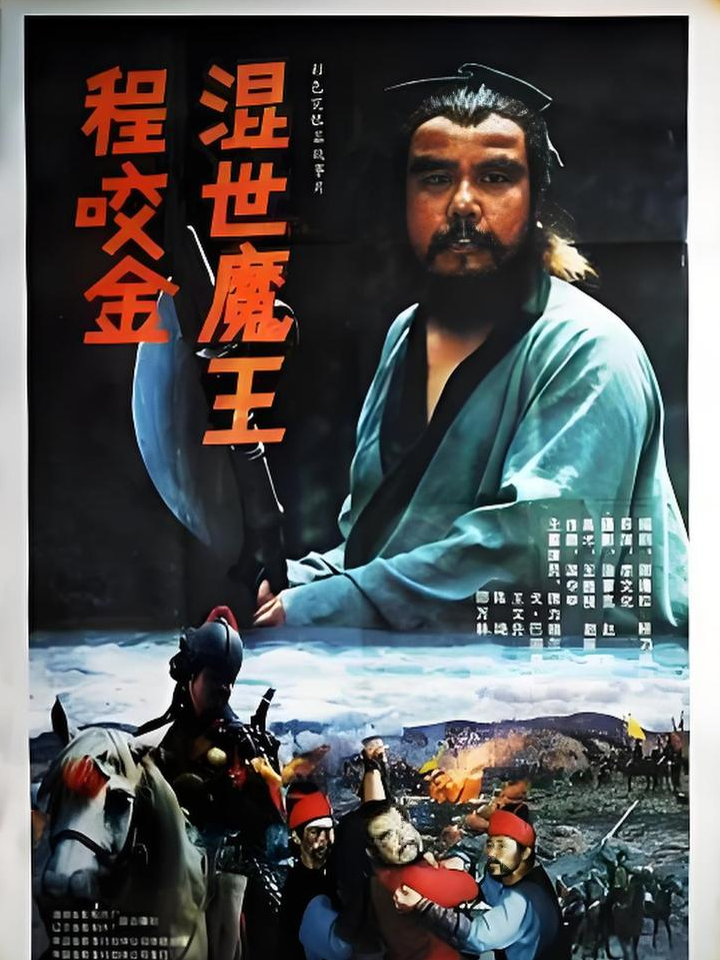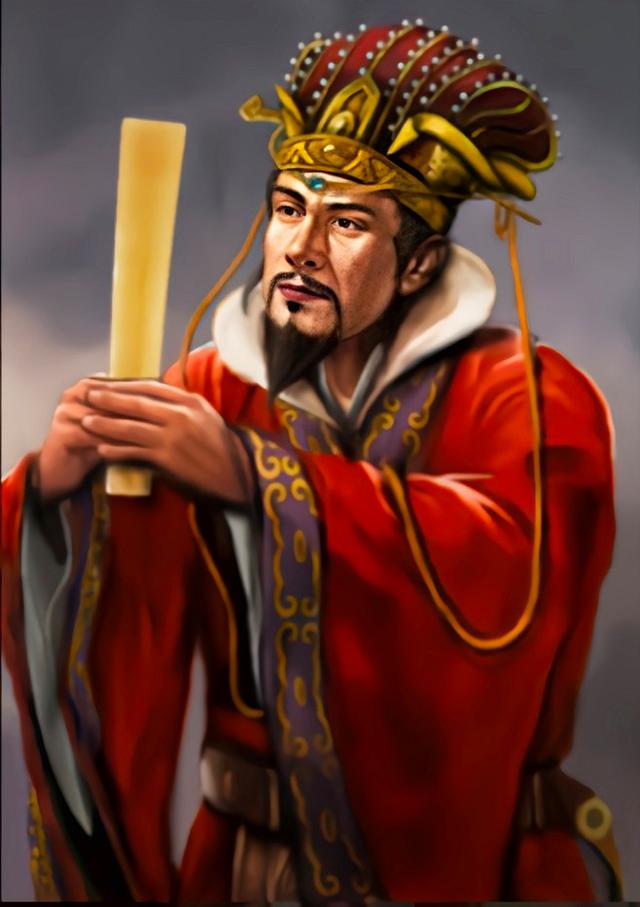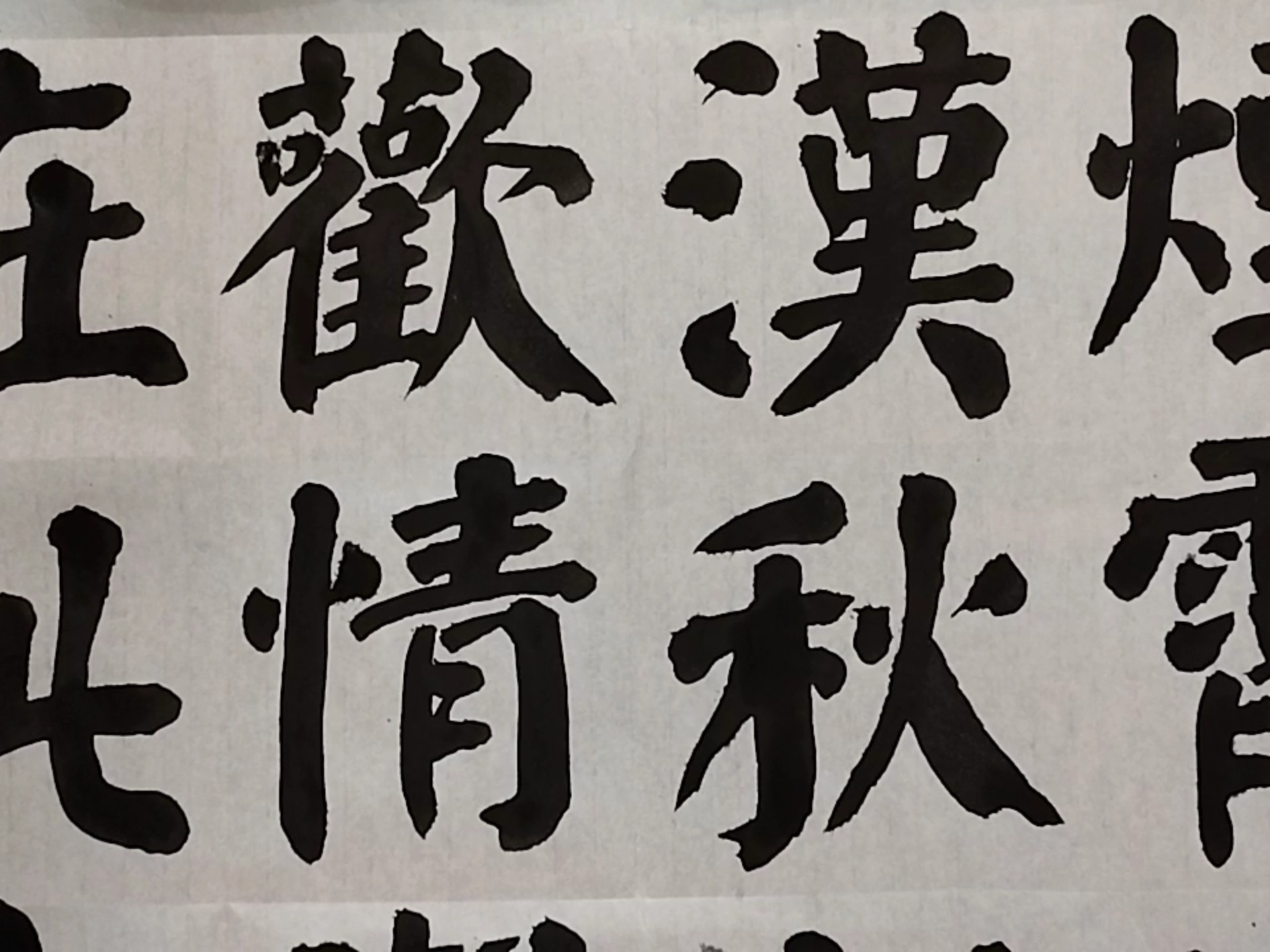The An Lushan Rebellion broke out, and in order to suppress the rebellion as soon as possible, the court adopted two measures to appease and pacify the rebels. As long as the An Lushan rebels defected to the court, the court not only forgave them, but also retained their original official titles. Interested readers and history encyclopedia editors, let’s take a look together!

Some people don’t quite understand this strategy. If we show leniency towards traitors and forget about the past, how can we demonstrate the authority of the court? Isn’t this encouraging the generals to rebel? Anyway, if we can’t surrender, there won’t be any losses.
In fact, the court may not be unaware of this drawback, as it is a helpless measure that is both internally light and externally heavy. If the court does not adopt a lenient policy, those defected generals will inevitably be determined to resist the court in order to protect themselves. The court may not be the opponent of the rebels, at least the time for pacifying the situation will be much longer.
Under the influence of lenient policies, after the death of An Lushan, An Qingxu was unsuccessful and repeatedly lost in battles with the court. The rebel forces began to disperse and turn to the court, including An Lushan’s son.

Of course, this person is not An Lushan’s biological son, but An Lushan’s adopted son. This person’s name is Li Baochen, a member of the Xi ethnic group, originally surnamed Zhang. The name Li Baochen was given to him by the emperor after he surrendered to the court. In 758, Guo Ziyi, Li Guangbi, and other nine armies besieged Anqing Xu. Li Baochen, who was in the Anqing Xu army, was extremely frightened and secretly surrendered to the court.
The court was overjoyed, knowing that although Li Baochen was cowardly, he was one of the top brave generals among the rebels. In order to win over Li Baochen, the court appointed him as the Governor of Hengzhou and the Duke of Miyun County. But Li Baochen was really cunning. The following year, tempted by Shi Siming, he turned to him and became increasingly valuable. He was appointed as the Minister of Works, Governor of Hengzhou, and Commander in Chief of Hengzhao.
Shi Siming thought that Li Baochen had already broken ties with the court and would serve the Shi family faithfully. However, after Shi Siming’s death, Li Baochen killed Shi Chaoyi’s subordinates and shamelessly joined forces with the court to attack Shi Chaoyi. In 763, Shi Chaoyi was killed and the An Lushan Rebellion was quelled. As a fickle rebel general, Li Baochen should only be used as a temporary measure by the court. After suppressing the rebellion, the court will inevitably hold him accountable. However, the court is too “merciful” and not only did not investigate his repeated actions, but also gave him a written pledge.
This is not because the court was foolish, but because there were so many rebellious generals at that time that the court could not investigate them one by one. If one of them is investigated, it will inevitably cause other rebellious generals to become uneasy, leading to another rebellion. The Tang Dynasty knew that treating rebels kindly was like drinking poison to quench thirst, but it was helpless.
Li Baochen is a typical slave of the three surnames. Before becoming the son of An Lushan and a court minister, he was also the adopted son of Zhang Suogao, a general of Fanyang. There is no word for loyalty and righteousness in the dictionary of this person. After surrendering to the court, he still dominated the country and appeared obedient to the court, but in reality he neither obeyed orders nor paid taxes. Later, he even tore off his hypocritical facade. However, the court was unable to suppress the bandits and could only constantly appease them through rewards.
This servant of the three surnames later became quite high-ranking officials, even reaching the position of prime minister (same as the official of the Imperial Secretariat), and was also appointed as the Prince of Longxi County by the court. Finally, the goods were able to have a good ending and passed away in the second year of Jianzhong (781 AD) at the age of 64. The court posthumously honored them as Grand Tutor.



